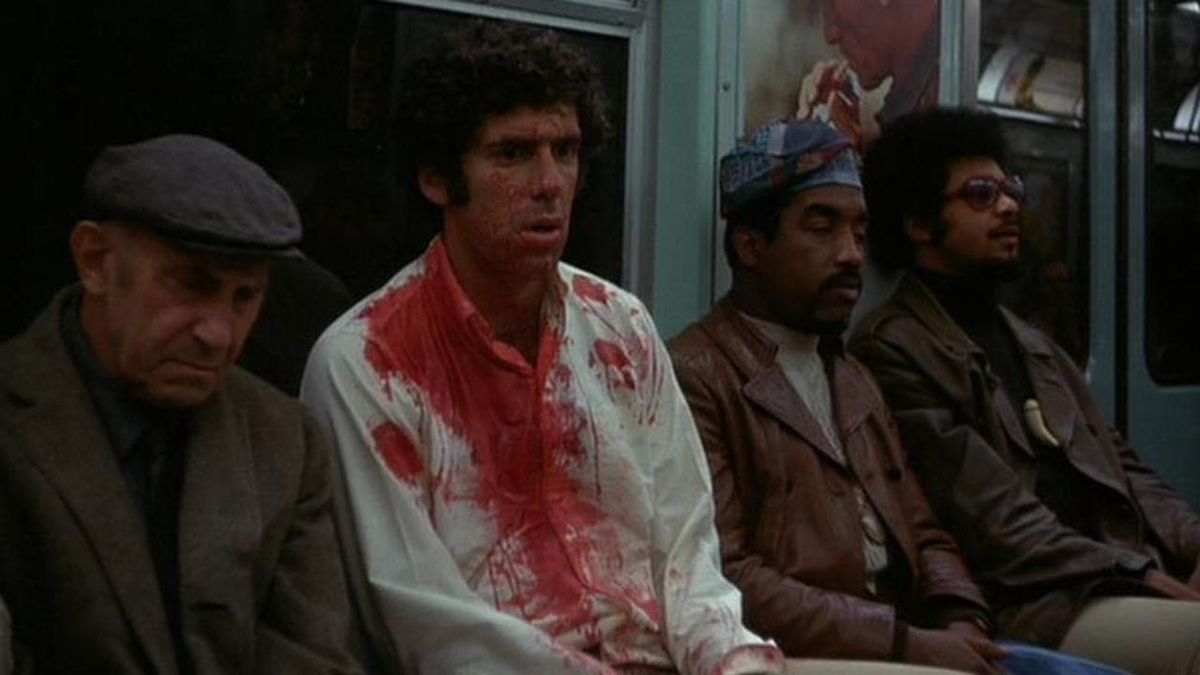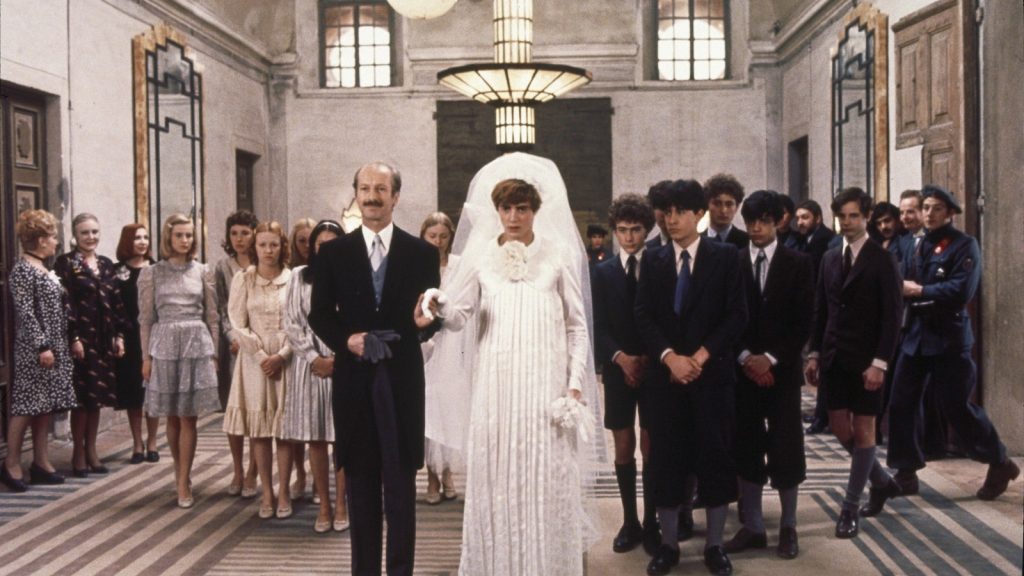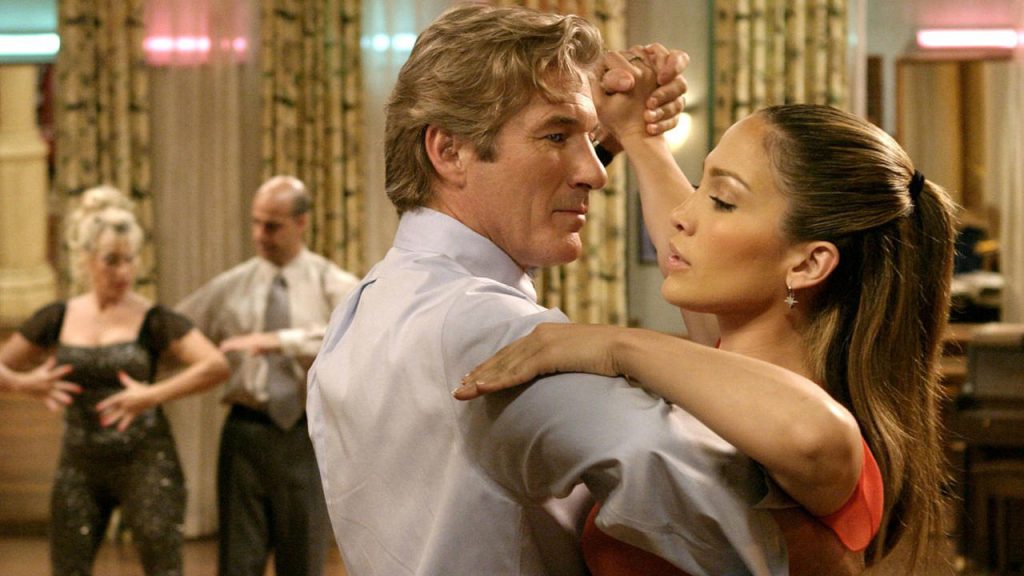In the opening sequence of Alan Arkin’s Little Murders, Patsy Newquist (Marcia Rodd) is alarmed – well, annoyed – by the chattering and yelping and cursing coming in through the window of her New York apartment. A man is being attacked on the street down below, so she calls 911. She gets a busy signal. She calls back again, and is put on hold. She finally gives up and goes down to rescue the victim, Alfred (Elliot Gould), who is on the ground being beaten. They turn to her; he gets up and calmly walks away. This is New York, lady. Out here, you’re on your own.
Little Murders – one of only two feature films directed by Arkin – isn’t the easiest movie to watch these days, unavailable for digital rental, out of print on DVD, only available on Blu-ray overseas. That’s part of why its inclusion in the Criterion Channel’s spectacular new, 63-film “New York Stories” series is such a big deal. But it’s also a vital, if not widely acknowledged, part of the New York City film canon of the era. When we think of New York movies of the ‘70s, we think of grimy portraits like The Panic in Needle Park, The Taking of Pelham One Two Three, Taxi Driver, and Midnight Cowboy. But New York comedies weren’t exactly sunny either: movies like Where’s Poppa, The Out-of-Towners, and The Prisoner of Second Avenue made light, with varying success, of Fun City phenomena like muggings, garbage strikes, and the dangers of Central Park.
But none of the dark comedies of the time were as dark as Little Murders. (And you can take that literally, as it was shot by Gordon Willis.) It stakes its claim in that opening scene, when Alfred, without thinking twice, abandons the woman who’s saving him – and just to underline it, that’s when they put up the writing credit of Jules Feiffer, the Bronx-born, Pulitzer Prize-winning cartoonist, playwright (Little Murders was a play first), and misanthrope (his other 1971 release was the equally cheery Carnal Knowledge). And it’s not just that he walks away from her; when she confronts him about it (“People help each other all the time! Isn’t that what life is all about?”), he gets defensive. “You shouldn’t have done that!” he insists. “They were getting tired, you got them mad!”
Of course, this being a Jules Feiffer script, they fall in love. (Again, the man wrote Carnal Knowledge). It’s a decidedly nervous romance, between two wildly mismatched people; whenever she says she loves him, he replies, “I don’t know what love is.” He is more than a little neurotic, and she’s still somehow optimistic; she runs down the daily barrage of dangers, insults, and harassment of life in Gotham for an attractive young woman, asks, “Isn’t that enough to wipe the smile off anybody’s face?” But she still smiles, solves problems, and hopes for the best.

This is the essential conflict at the heart of Little Murders: whether one faces the parade of bullshit that is contemporary life and hopes for the best, or expects the worst. Patsy wants Alfred to share her belief that there are “some things worth reacting to, some things worth feeling!” But Alfred prides himself on feeling nothing, about anything, because that’s what it takes to survive – in this life in general, but especially in a hellhole like New York City, circa 1971.
And make no mistake, it’s a hellhole. Characters mention the muggings, stabbings, assaults, and worse that they dodge every day. At some point, snipers just start shooting in through the windows, and no one even flinches. Patsy’s mother tells Alfred about her older brother, who survived tours in Korea and Vietnam, only to be “shot down in his tracks at the corner of 97th Street and Amsterdam Avenue.” Scenes are punctured by periodic black- and brown-outs, but the characters barely acknowledge them; they’re handled casually, as a fact of life. At one point, Alfred is telling a deeply personal story, and a crash erupts outside in the middle of it. He carries on talking, and his audience carry on listening.
This is all played (and lands) as comedy, much of it broad. But there are serious moments, here and there, long and searching monologues about paranoia and fear that are acted and shot like drama. And without those breaks, the film’s boldest (and cruelest) narrative turn, which I’ll not reveal here, wouldn’t land at all.
But it does. Little Murders is one of the bleakest comedies you’ll ever see, a story about broken people in a broken city, and the genuine pointlessness of even trying to pretend otherwise. In its closing scene, its characters finally find happiness by opening up the windows, which they’ve shuttered with steel to protect themselves from the barrage of sniper fire, and they start shooting back. It plays like a happy ending.
“Little Murders” is currently streaming in the Criterion Channel’s “New York Stories” series.



